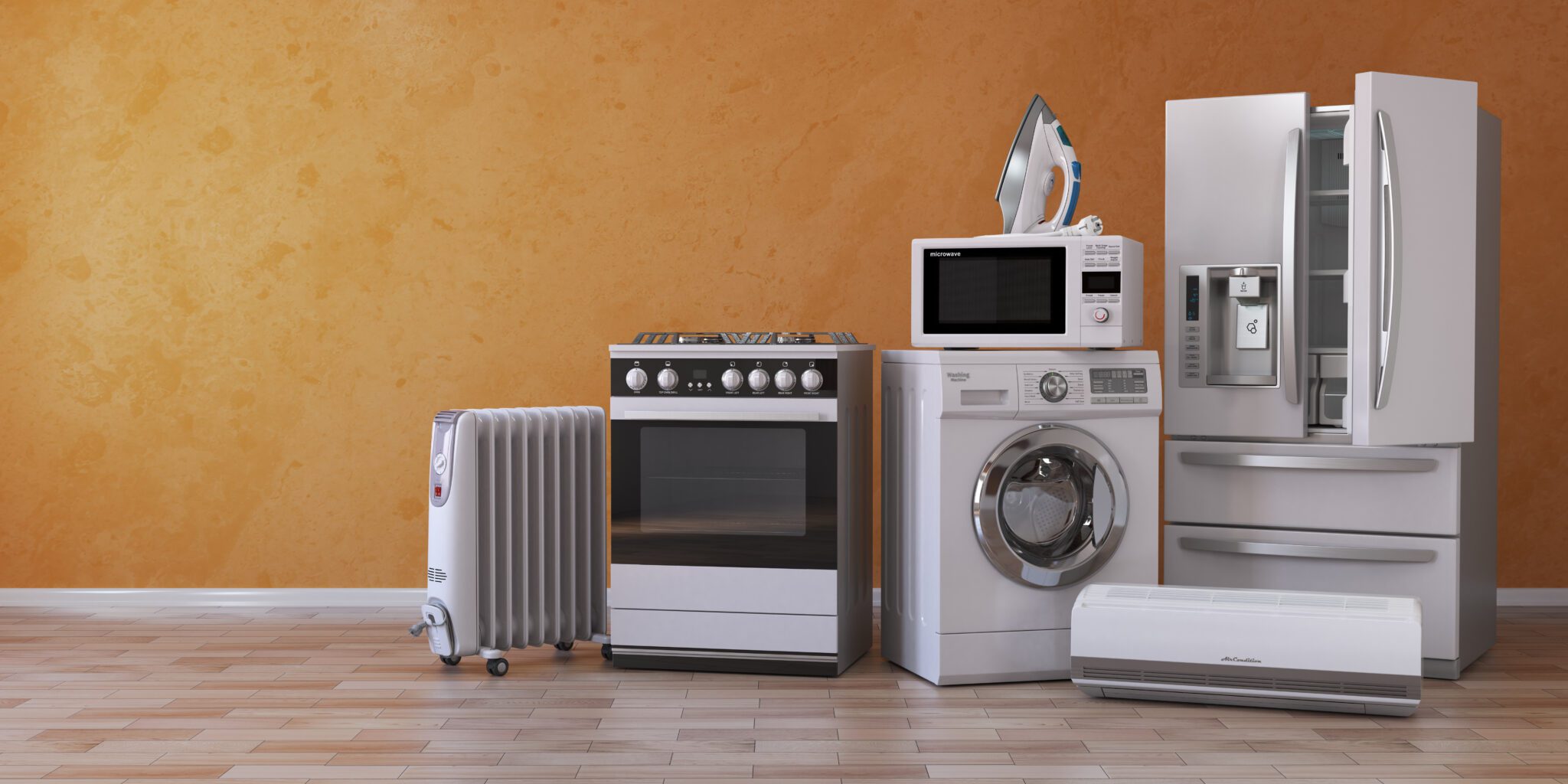Have you ever wondered where all that energy in your home is going and how you can reduce your electricity bills? Understanding which appliances and activities consume the most energy in your house is the first step towards making your home more energy efficient. Energy usage is typically measured in kilowatt-hours (kWh), and by identifying the biggest culprits, you can take steps to reduce your carbon footprint and save money on your energy bills.
Kilowatt-Hour: The Measure of Energy Consumption
Before diving into the specifics of energy consumption, it’s important to understand the basic unit of measure: the kilowatt-hour (kWh). A kilowatt-hour represents the amount of energy consumed when a 1,000-watt (1-kilowatt) device operates for one hour. It’s the standard unit used by utility companies to bill you for your electricity usage. Here are some common household activities, corresponding appliances, and their energy usage:
• Watching TV: A 43-inch LED TV might use about 0.1-0.2 kWh per hour.
• Surfing the Internet:. A desktop computer with a monitor may use 0.1-0.4 kWh per hour.
• Washing Dishes: A dishwasher uses around 1-2 kWh per hour.
Heating and Cooling Systems
Heating and cooling systems, such as furnaces, air conditioners, and water heaters, are typically the largest energy consumers in most households. On average, they account for about 48% of a household’s energy consumption.
• Window or central air conditioners usually average around 1-3 kWh per hour when running.
To reduce energy use, consider upgrading energy-efficient HVAC systems, regularly servicing your equipment, and improving your home’s insulation and sealing.
Kitchen Appliances
Kitchen appliances like refrigerators, ovens, and dishwashers can also consume a significant amount of energy. A refrigerator, for example, can use up to 800 kWh per year, depending on its size and efficiency. Ovens and stovetops are energy-intensive when in use, so using them efficiently and choosing energy-efficient appliances can make a difference.
Traditional incandescent bulbs are energy-inefficient compared to LED and CFL (compact fluorescent lamp) bulbs. Swapping out incandescent light bulbs for energy-efficient options can reduce your lighting energy consumption by up to 80%.
• LED bulbs are highly energy-efficient and use only a fraction of the energy compared to incandescent bulbs. A 10-watt LED bulb, for instance, only uses 0.01 kWh per hour. Switch and you could save!
Electronics and Entertainment
Modern households are filled with electronic devices such as TVs, gaming consoles, computers, and chargers. While individual devices may not consume a lot of energy when in use, the cumulative energy usage from these electronics can add up. Use smart power strips to reduce “vampire energy” (the energy consumed by devices on standby).
Laundry Appliances
Washing machines and dryers are energy-intensive appliances. Consider washing clothes with cold water, using high-efficiency machines, and air-drying your laundry whenever possible to reduce energy use.
• Washing machines: A typical top-loading washing machine can use up to 2 kWh per hour.
Vampire Energy
“Vampire energy” refers to the electricity consumed by devices that are plugged in but not in use. Items like phone chargers, coffee makers, and gaming consoles can still draw power even when turned off or in standby mode. Using smart power strips, unplugging devices, or investing in smart plugs can help eliminate this unnecessary energy waste.
Freedom’s 5 Energy-Saving Tips
To reduce your energy consumption and lower your utility bills, follow these energy-saving tips:
1. Upgrade to energy-efficient appliances: Look for ENERGY STAR-rated appliances when shopping for new ones.
2. Adjust thermostat settings: Use programmable thermostats to optimize heating and cooling, and set them to save energy when you’re not at home.
3. Seal gaps and insulate: Properly insulate your home and seal gaps and cracks to prevent heat or cool air from escaping.
4. Use LED lighting: Replace incandescent bulbs with LED or CFL lights.
5. Unplug devices: Unplug chargers and other devices when they are not in use or upgrade to smart appliances with options to control them remotely.
Solar Power Integration
To further reduce your energy costs and environmental impact, consider investing in solar panels. Solar power can significantly decrease your reliance on grid electricity and, in some cases, even allow you to sell excess energy back to the grid. Solar energy coupled with energy-efficient appliances can lead to substantial savings over time.
Ready to go solar? Call us at 888-557-6431 or click the button below to get started!
